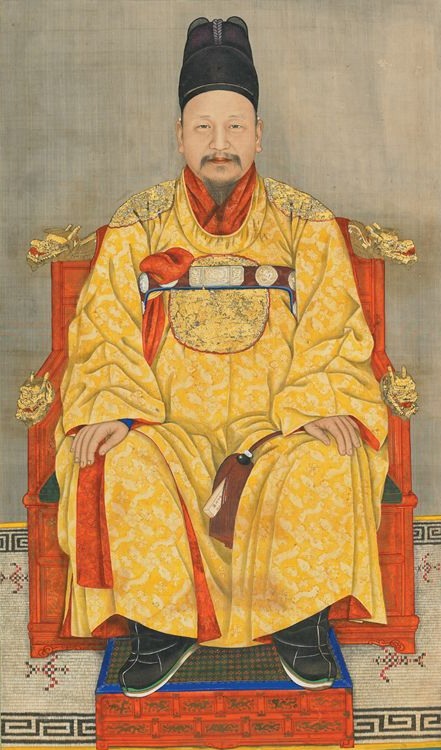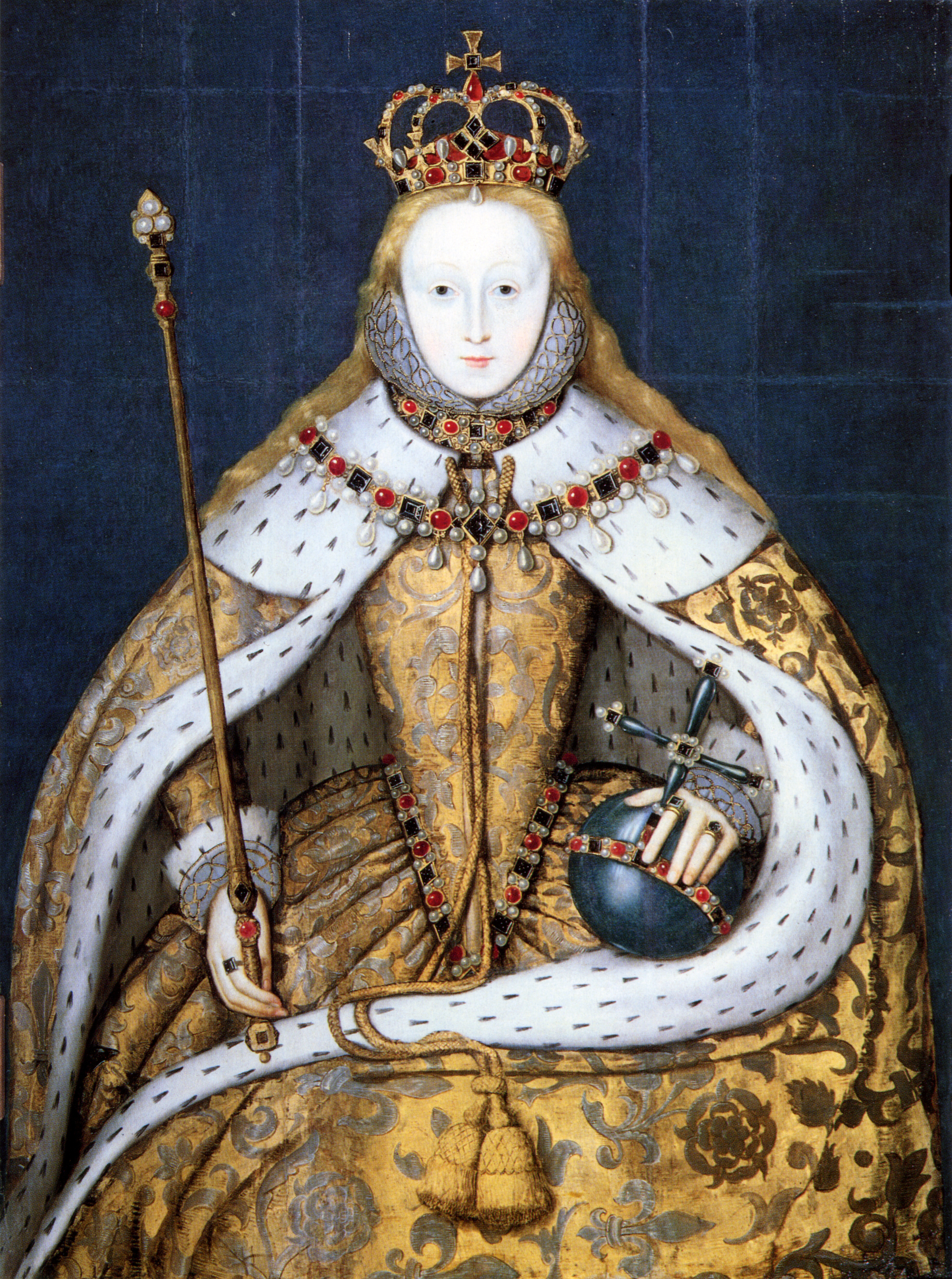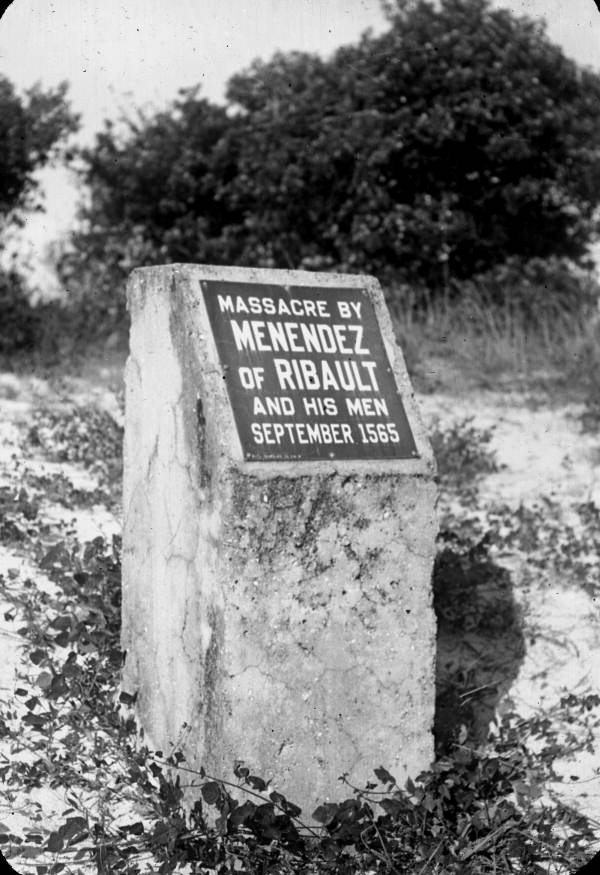 |
| French Florida |
A fellow history-nerd friend messaged me a while back:
Take a peek at this beautiful website. You're welcome. Makes me long to write a story about this man and the people he sought to defend--although now, alas, I am head down in a story series featuring another, but maybe not so different, group.You know how every time one thinks one has history down and then another obscure fact crops up that changes everything? Yeah, that. The first interest in colonizing America wasn't fueled by Queen Elizabeth, who was hoping to stop Spanish expansion. Before that, Jean Ribault landed on the shores of Florida hoping to set up a colony. For Huguenots, I believe.
https://jeanribault.org/
That group would be the famed Lost Colonists of Roanoke Island.
These days, even the word "colonial" has a bad name.
 |
| Emperor Gojong of Joseon (Korea) |
 |
| Good Queen Bess at her coronation |
Of course, the Spanish were feared the most. Spain already had holdings across South America, and their treasure galleons were the most coveted prize of English privateers. Staunchly Catholic to the point of meting out torture and death to those who disagreed (the Spanish Inquisition, anyone?), they were equally ruthless on the sea. The English were by far not the only ones to suffer at Spanish hands. As outlined in the website I shared above, French Huguenots sought refuge on what is now the Florida and South Carolina coast, but were seen as a threat to Spain's supremacy in the New World and met with death once their Protestant leanings were made known.
Lee Miller theorizes in her book Roanoke: Solving the Mystery of the Lost Colony that the group which set sail in 1587 under Governor John White, seeking to establish the first permanent English settlement in the New World, were Separatists. If so, the fate of French Huguenots would have been fairly fresh, and avoiding the Spanish at all costs would have been uppermost on their minds. Brandon Fullam makes the case in The Lost Colony of Roanoke: New Perspectives that this would have been a good reason why they settled on Roanoke Island rather than going north to the Chesapeake area as originally planned. Maybe it's just my own firm Christian faith, but I find the Separatist theory quite compelling. It certainly wouldn't be the first time that a people group migrated in search of religious freedom, would it?
~*~*~
In 1587, Elinor White Dare sailed from England heavy with her first child but full of hopes. Her father, a renowned artist and experienced traveler, has convinced her and her bricklayer husband Ananias to make the journey to the New World. Land, they are promised, more goodly and beautiful than they can ever imagine. But nothing goes as planned from landing at the wrong location, to facing starvation, to the endless wait for help to arrive. And, beyond her comprehension, Elinor finds herself utterly alone. . . .
Preorder link: https://amzn.to/3ihydJJ
~*~*~
Transplanted to North Dakota after more than two decades in the Deep South, Shannon McNear loves losing herself in local history. She’s the author of four novellas and four full-length novels, with her first novella, Defending Truth in A Pioneer Christmas Collection, having the honor of being a 2014 RITA® nominee, and her most recent novella, The Wise Guy and the Star from Love’s Pure Light, being a 2021 SELAH winner. Yet her greatest joy is in being a military wife, mom of eight, mother-in-law of three, and grammie of four. She’s also a contributor to Colonial Quills and a member of ACFW. When not cooking, researching, or leaking story from her fingertips, she enjoys being outdoors, basking in the beauty of the northern prairies.




Welcome to HHH and thanks for the interesting post! I love the line in your bio, "leaking story from her fingertips"!
ReplyDeleteHaha, thanks! And thank YOU for stopping by!
DeleteWelcome. Thank you for a very interesting post.
ReplyDeleteThanks so much! Glad you enjoyed it. :-)
Delete